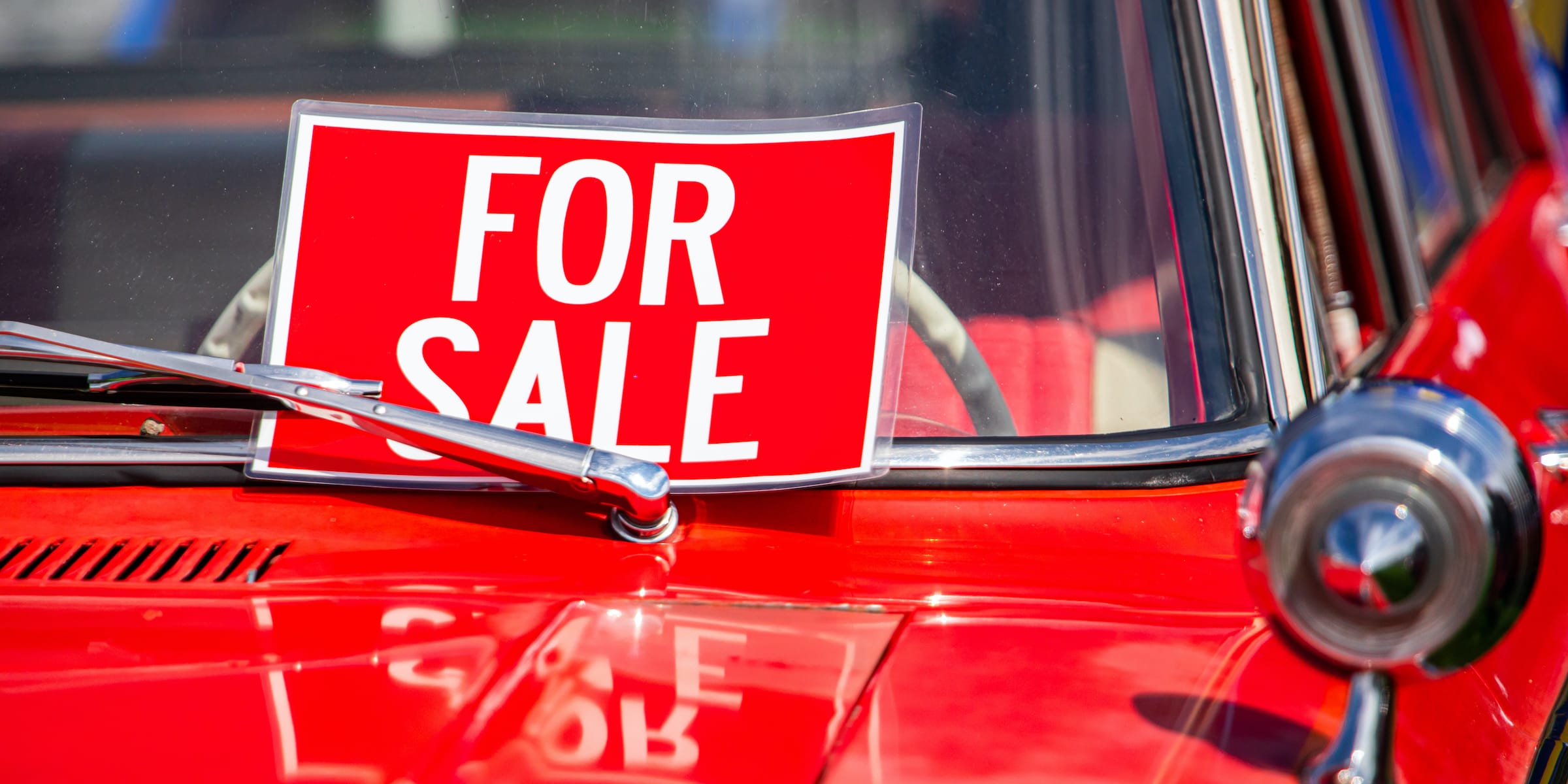Why do some drivers spend thousands of pounds on alloy wheels for their cars? Is it all about looks, or is there a technical reason behind it? And how do different size wheels affect the way your car drives?
The wheels on your car have a tough job. As well as transferring power from the engine to the road and steering you in the direction you’d like to go (in conjunction with the four tyres wrapped around them), the wheels have to maintain their perfectly round shape to deliver you a smooth ride, despite being bounced over speed humps, through potholes and crunched up against kerbs during poorly-judged parking manoeuvres.
On many cars, especially high-performance models, alloy wheels may also aid cooling to the brakes to make sure the car stops safely under hard driving. So how do different wheels affect the way your car drives?
Alloy wheels are replacing steel wheels across the industry
Lower-priced new cars, and many older cars, will come standard with wheels made from steel. Steel is the metal of choice for most parts of a car, as it is cheap and can be made into different shapes quite easily, so it has always been an obvious choice to use for wheels. But more and more cars are now equipped with wheels made from aluminium alloys, which are stronger and lighter than steel.
An alloy wheel will be much lighter than a steel wheel of the same size, which improves the car’s ride and handling as there is less weight bouncing around for the suspension to cope with and less weight for you to steer when you turn the wheel.
An alloy wheel is also stronger than a steel wheel, which means it will flex less around corners, helping the car to handle better. However, a very big shock (such as hitting a pothole) is more likely to crack or shatter an alloy wheel, whereas a steel wheel will flex and absorb some of the impact, making it less likely to break.
Alloy wheels also tend to be stylised and polished, whereas steel wheels would rust unless treated and painted, and are usually covered with a decorative plastic trim (you know, the kind you inevitably see lying by the side of the road after they get knocked off), so a set of alloy wheels usually enhances the look of a car.
You should also read: Caring for your alloy wheels
Alloy wheels – is bigger always better?
Most cars will give you the option of paying more money to have larger alloy wheels fitted. On the car, however, the total rolling height of the wheel and tyre must remain the same, so a larger wheel means a lower profile (thinner) tyre. In the photo to the left we have a 15-inch wheel (left), a 16-inch wheel (centre) and a 17-inch wheel (right), all mounted in tyres to fit the same car. If you look at the three wheels, you will see that the overall height of each wheel/tyre unit is the same, but the 17-inch wheel has a much ‘thinner’ tyre than the 15-inch wheel.
Being constructed from rubber, the tyre flexes and absorbs a lot of the small impact of bumps in the road, effectively forming part of the car’s suspension. A lower profile tyre has less rubber in the sidewall to flex and soak up the bumps, so a larger wheel/thinner tyre combination will give you a firmer ride, making the car feel noticeably bumpier. However, less flex and wobble will mean improved handling as the car changes direction through a corner or under braking.
But the real, and simple, reason that most people pay lots of money for bigger wheels is for the looks – although don’t expect expensive alloy wheels to add much to the car’s resale value down the track. I used to have an Audi A5 with 20-inch alloy wheels (standard was 17-inch). The large wheels meant the tyres were extremely low profile, so hitting a pothole or going over a speed hump was – literally – a painful experience, and sometimes it felt like the car had no suspension at all. But it looked fantastic…
Recommended reading:
Do big alloy wheels crack more easily? The Car Expert answers a reader’s question about the fragility of big alloys.
Which optional extras are worth paying for? It’s easy to rack up thousands of pounds in options on a new car, but which are actually worth it?





